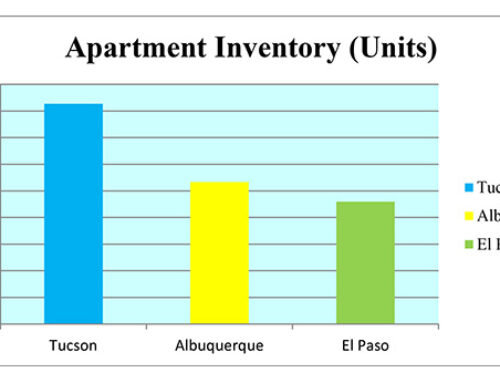As commercial real estate appraisers, we have a wide array of clients, including banks, government agencies, attorneys, title companies, accountants, developers, brokers, corporations, non-profits, and many other entities. Appraisals are done for all types of reasons, including loans, property acquisitions by public and private entities for road widenings, powerlines, and underground pipelines. Appraisals are also completed for tax purposes, selling a property, building insurance, partner buyouts, sale leasebacks, gifting a property, estate planning, divorces, etc. The backbone of the appraisal industry is integrity and maintaining public trust that our opinions reflect market value, despite the client’s interest. The appraisal business does well as long as the market is in flux, upward and downward. This year our industry has been busy and constant. As a result, I hope to see appraisal firms hire and train many appraisers in 2022 and in the future. The outlook is positive for commercial appraisers, but there are long-term concerns such as artificial intelligence and large corporations dominating the business. I do not foresee artificial intelligence taking over in the near future. In general, commercial real estate is too complex, artificial intelligence does not have public trust, there are too many variables and inspection is usually required, which makes artificial intelligence a poor substitute to an appraiser. Thee market does seem to favor large corporations, as they can handle large portfolios, often have better technology, and they are more aggressive in hiring and absorbing smaller local appraisal firms. Here are some current factors influencing the appraisal and real estate industries.
Demand for commercial real estate appraisals has been strong this entire year. This is mainly due the market coming back after the worst of the Covid-19 pandemic and a sustained period of interest rates being near all-time lows. The apartment and industrial markets continue to be in high demand, as there is a shortage of supply. There is strong demand for apartments since Tucson is growing and is still seen as a more affordable market in the southwest. The industrial market is also booming with e-commerce and marijuana related businesses. On the other hand, the professional office and retail markets are slower to rebound. Employees are working more from home now and there is less of a need for professional office space. The retail market is hit and miss with grocery stores, fast food restaurants, and service-related industries doing well, while some specialty and big box stores continue to be victims of e-commerce and the Covid-19 pandemic.
Potential concerns for 2022 include Covid-19 variants, an increase in interest rates, and high construction costs. In addition, if there are tax law changes to 1031 exchanges, this could also greatly impact the market. In my opinion, the Covid-19 variants will probably not disrupt the market to a great extent, as more of the population becomes vaccinated, and there is minimal appetite to go through mass shutdowns again. On December 14, 2021, Fed Chair Jerome Powell announced they will speed up the wind-down of its bond buying program, changing the end date to March from June of 2022. Tapering bond buying programs could cause a reaction from the markets, in 2013 when the Federal Reserve tapered purchases of treasury bonds, and this caused a strong reaction known as “Taper Tantrum.” The Fed officials also indicated they are expected to make three interest rate increases next year by 25 basis points on each occasion. This would mostly slow down refinancing activity and possibly some purchases that are price sensitive. High construction costs are not a dealbreaker for most apartment and industrial developments, as rental rates for industrial and apartments support new development. I hope to see more apartment and industrial development in 2022 and 2023, as we have a shortage of both right now. Construction costs have and could sideline professional office or retail projects in 2022. Changing the tax rules for 1031 Exchanges is not a popular idea by either political party, and there are no known plans to change the current rules in the near future. Inflation is less of a risk in real estate, since real estate is a physical asset that trends with inflation. However, construction costs and land prices could impact the feasibility of a proposed development. Stock market declines usually do not impact real estate, as real estate is a great hedge for the stock market.
In general, I have a bullish outlook for at least the first half of 2022, and do not see any disruptions except for a Black Swan event that could result in slower business for those of us in the appraisal and real estate industries in Tucson.




